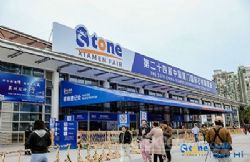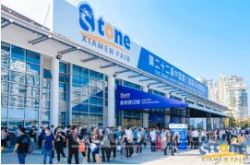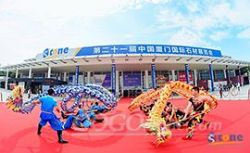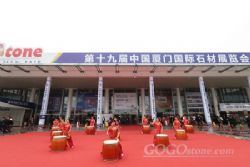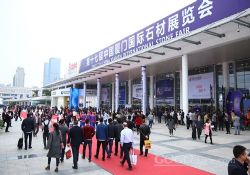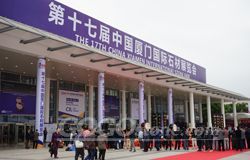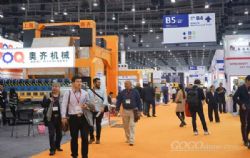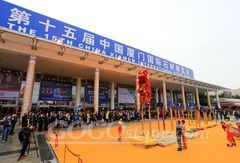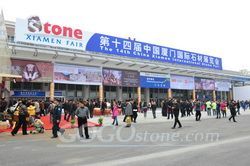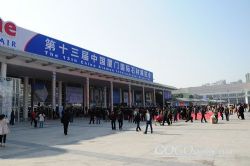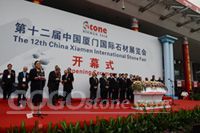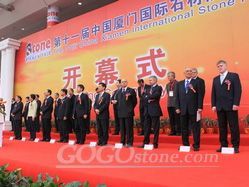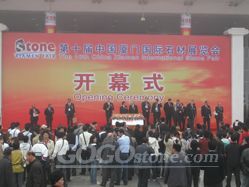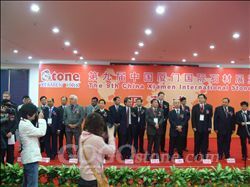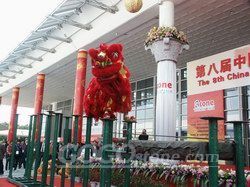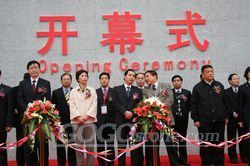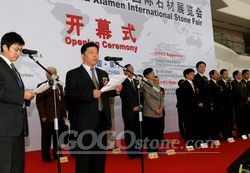Location : Home > News > Knowledge
What to look for in a water recycling system
( Date: 2020/8/4 10:11:52 )
Among the components of keeping a shop clean is having an efficient water recycling system. But when it comes to making such an investment, some fabricators might not know what exactly makes a system complete and which one is best for their shop. The following are points of consideration before making a purchase.
1.Does it provide both gray and crystal clear water?
What micron level is the clear water and is it crystal clear? Fun Fact – you can have 5 micron filtration – but if there are a LOT of less than 5 micron particles, it will not be crystal clear!
What micron level is the gray water? Most equipment manufacturers require less than 50 micron water.
Are there any guarantees on the quality of the water produced?
2.Is the system chemical free?
If not, what is the required PPE? Be sure to get the SDS Sheet. Recycled water should not require PPE!
Why chemical free? Chemicals can cause equipment to rust faster, cause skin irritations – especially as they become out of balance in a recycling system.
3.Folks who work with water recycling should know the water demands and water quality that the different manufacturers’ equipment require.
4.Foot Print – Ask about the space and location required.
5.What size collection pit will you need? If you cannot dig a large pit, can you dig a small collection pit? If so, then you might need an above ground cone bottom tank to replace a larger pit. Note: This will add to the overall footprint of the system.
6.Be sure to check into the ceiling height required by the water tanks being specified for your facility, as clearance will be required for maintenance.
7.Trenches are most often required to ensure that all the water gets to the collection pit. Trenches will need to be cleaned out, but flushing methods can be designed that help. As a rule, trenches do NOT need to be sloped. The increased cost does not deliver on the investment. Trenches can be formed in place or pre-formed. Find out what works for your budget.
8.What are the power requirements – single or three phase or both?
9.Does the system you are looking at require an air pump, and if so, what CFM is required? Verify that your compressor has the capacity for the air requirements.
10.Are the pumps sized to meet the pressure and flow required by your fabrication equipment?
11.Plumbing lines – What size lines will you need in the shop? The size will vary depending on the pressure and flow being supplied by the pump. Clear water and gray water lines are run separately.
12.Are there point of use filters, and if so, how often will they need to be cleaned and how long do they take to clean? Be alert to filters that clog in the middle of the day and cause a machine to stop in the middle of its fabrication process.
13.Which system provides you the easiest and safest way to dispose of the solids collected?
14.Cleaning times – Ask about the length of cleaning times and cleaning frequency. (NOTE: No matter what system you have, every water recycling system requires some type of maintenance or cleaning. Ask the man or woman who owns one.) Bacteria grows in a damp dark environment – plan on disinfecting your water supply frequently – just like your swimming pool. If using a filter press, once filter cakes are dropped into a portable dumpster removing them to a larger dumpster for disposal within the day is ideal to avoid creating dust. If using bags, move bags outside to dry – with some type of spill containment to collect the liquid that weeps from the bag.
15.Clean water keeps a shop clean! At the end of the work day, rinsing down your shop floor and equipment with clear recycled water and making sure that the stone dust gets into the trenches and pit is a key to good housekeeping and critical to keeping stone dust containing crystalline silica from becoming airborne as it dries. Eliminating dry grinding certainly helps as well.
As the pioneer of 100% closed loop water recycling systems in the stone industry, Water Treatment Solutions is committed to educating the industry about the benefits of chemical-free, closed-loop water recycling systems. Clean, clear, safe and chemical-free water is important for not only the equipment in your fabrication facility, but also for you employees and their work environment.
From: stoneworld
Latest Resources
- Kerakoll to open new production facility...
- Stone, carbon fibres and biochar cited a...
- World Floor Covering Association Introdu...
- Ceramics of Italy Previews Coverings 202...
- Coverings 2024 Earth Day Activations wil...
- Lunada Bay Tile refreshes Linen collecti...
- Design Holding Opens Flagship Store
- ISFA Revamps Regional Events
- Technistone issue statement on engineere...
- NTCA Welcomes Randy Crowder as Membershi...
Previous Fair

